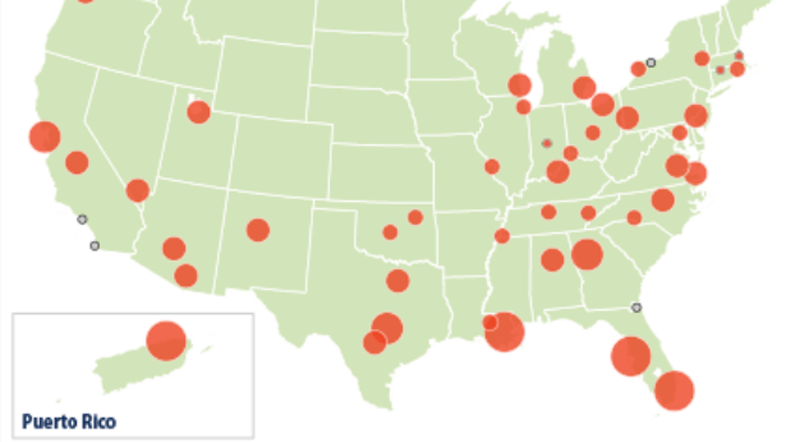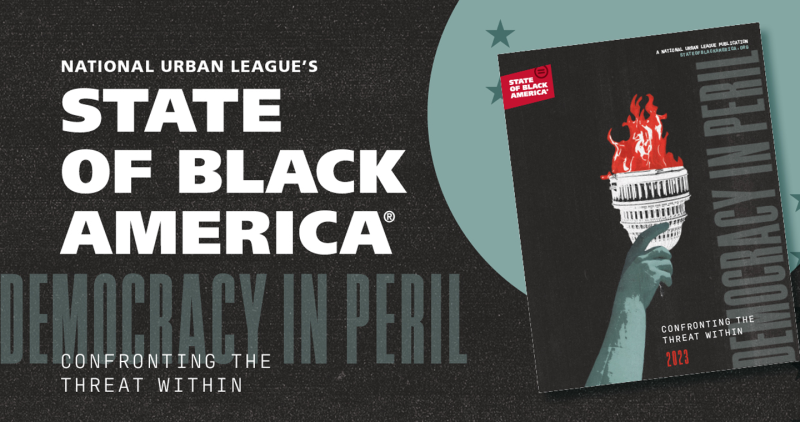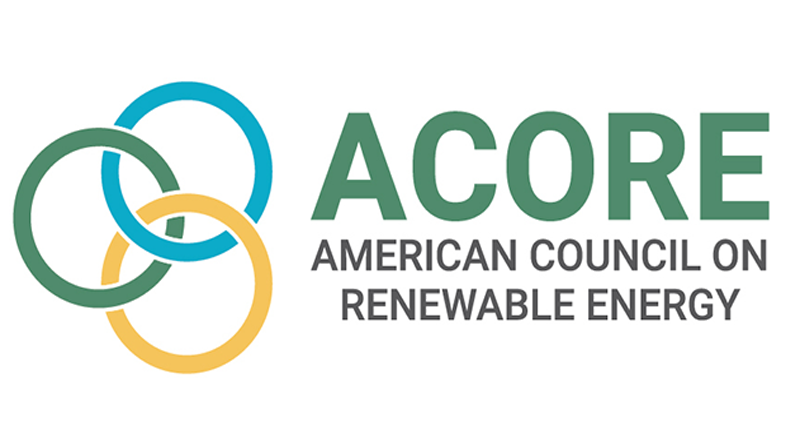Changing the Trajectory of Health for Black America
When I was growing up in Chicago in the 1960s, Dr. Martin Luther King, Jr. was a towering figure in my life. In fact, my childhood address was just a few miles from where Dr. King and his family temporarily relocated in 1965 to lead a civil rights charge in our city. His determination for racial and social justice has been a source of inspiration throughout my life.
Over the last four decades, as I have built my career at Johnson & Johnson, the world’s largest and most broadly-based healthcare company, I’ve often returned to one particular quote of Dr. King’s. In 1966, he said: “Of all the forms of inequality, injustice in health care is the most shocking and inhumane.” 55 years later, these words still ring true, and as loudly as ever. For centuries, Black Americans have experienced persistent neglect within our healthcare system, which has too often seemed indifferent to startling and unconscionable facts. For instance:
- COVID-19 has killed Black people at nearly twice the rate of their white counterparts.
- Black, American Indian, and Alaska Native women are two to three times more likely to die from pregnancy-related causes than white women.
- Black Americans are far more likely to live with cardiovascular diseases than other populations.
I believe strongly that there cannot be justice in America until there is justice in healthcare, and that we cannot credibly claim that Black Lives Matter if our healthcare system conveys that they don’t. For Black Americans to thrive socially and economically, we must confront racism as a public health threat and address the economic, physical and social conditions that together perpetuate injustice.
This is why Johnson & Johnson (J&J) launched Our Race to Health Equity with an initial commitment of $100 million over the next five years to help eliminate health inequities for people of color.
Of course, we know this work can’t be done alone; change on the scale needed to tackle health inequities requires partnerships, including our decades-long collaboration with the National Urban League. Through these partnerships, we collectively elevate what we can do to benefit the communities we serve.
Inclusive Research & Development
Justice in healthcare starts with our approach to research and development. While Black Americans comprise 13% of the U.S. population, they make up only 5% of clinical trial participants. To ensure medications and health innovations are effective for Black Americans, we must make clinical trials more inclusive, with more effective outreach to diverse populations.
For example, to ensure robust participation in our COVID-19 ENSEMBLE vaccine trial, J&J engaged in conversations with underrepresented communities across the United States about opportunities to participate in clinical research, including activating our “Research Includes Me” campaign and website. J&J also partnered with trusted community groups such as the National Black Churches Initiative, Congressional Black Caucus Foundation, National Medical Association, and National Black Nurses Association to improve clinical trial diversity as well as ensure communities of color are informed regarding COVID-19 vaccine safety and efficacy.
Culturally Competent Care
Improving how Black Americans access and experience the healthcare system is also critical to tackling racism as a public health threat. One in five Black adults say they were treated unfairly because of their race in the past year when getting health care for themselves or a family member.
For this reason, many Black Americans prefer treatment by Black doctors, which research shows leads to better health outcomes. Yet, there are far too few Black doctors to consistently give patients this option. Our health system needs a larger pipeline of diverse health professionals, additional training in providing culturally competent care and tools for health workers to advocate for themselves, their peers, and their communities.
By partnering with national and community-based organizations that share our commitment to health equity, we are nurturing a more diverse and culturally competent healthcare system in a variety of ways, including:
- Building leadership and resilience among Black health workers: We partnered with the National Black Nurses Associations to offer the Nursing Leaders Program online for the first time at the University of Pennsylvania. The program equips Black nursing leaders to succeed as frontline advocates and voices for their patients, and as decision-makers who affect systems change and improve health outcomes for whole communities. In 2021, we’ll also launch a collaboration with the National League for Nursing to introduce new leadership and resilience training programs across six nursing schools at HBCUs.
- Propelling Black students into STEM fields: From scholarships and mentoring for medical students of color through the National Medical Fellowships to programs inspiring young girls of color to pursue STEM careers through the National Society for Black Engineers and Girl’s Inc., we are helping to prepare the next generation of diverse and culturally-attuned health workers.
- Investing in health entrepreneurship: Recognizing the power of entrepreneurs to reimagine solutions to our greatest health needs and close the racial health gap, we are supporting innovators to scale their novel ideas through Village Capital’s new Building A Culturally Competent Healthcare System Accelerator and the CLSA Inspire QuickFire Challenge for Diverse Innovators.
- Broadening community access to healthcare: Too often health providers are separated from those who need them most. From churches to schools—and even roving healthcare vans— J&J and partners rolled out programs in states across the nation to get COVID-19 testing and other crucial health services to underserved communities.
Closing the maternal mortality gap: The prevalence of maternity care deserts in Georgia has contributed to its ranking as one of the most dangerous places in the U.S. for Black women to give birth. J&J is working to transform maternal healthcare in Georgia by unifying the efforts of academic institutions, researchers, community organizations, and maternal health leaders.
The color of your skin should have no bearing on your health or longevity. For too long, in America, we’ve allowed this fundamental injustice to persist. Change is overdue. With empathy, humility, and an enduring commitment, we at J&J are seeking to put our unique capabilities to productive use on this challenge. We welcome others across sectors to join us.


 A Climate In Crisis
A Climate In Crisis

 Executive Summary
Executive Summary